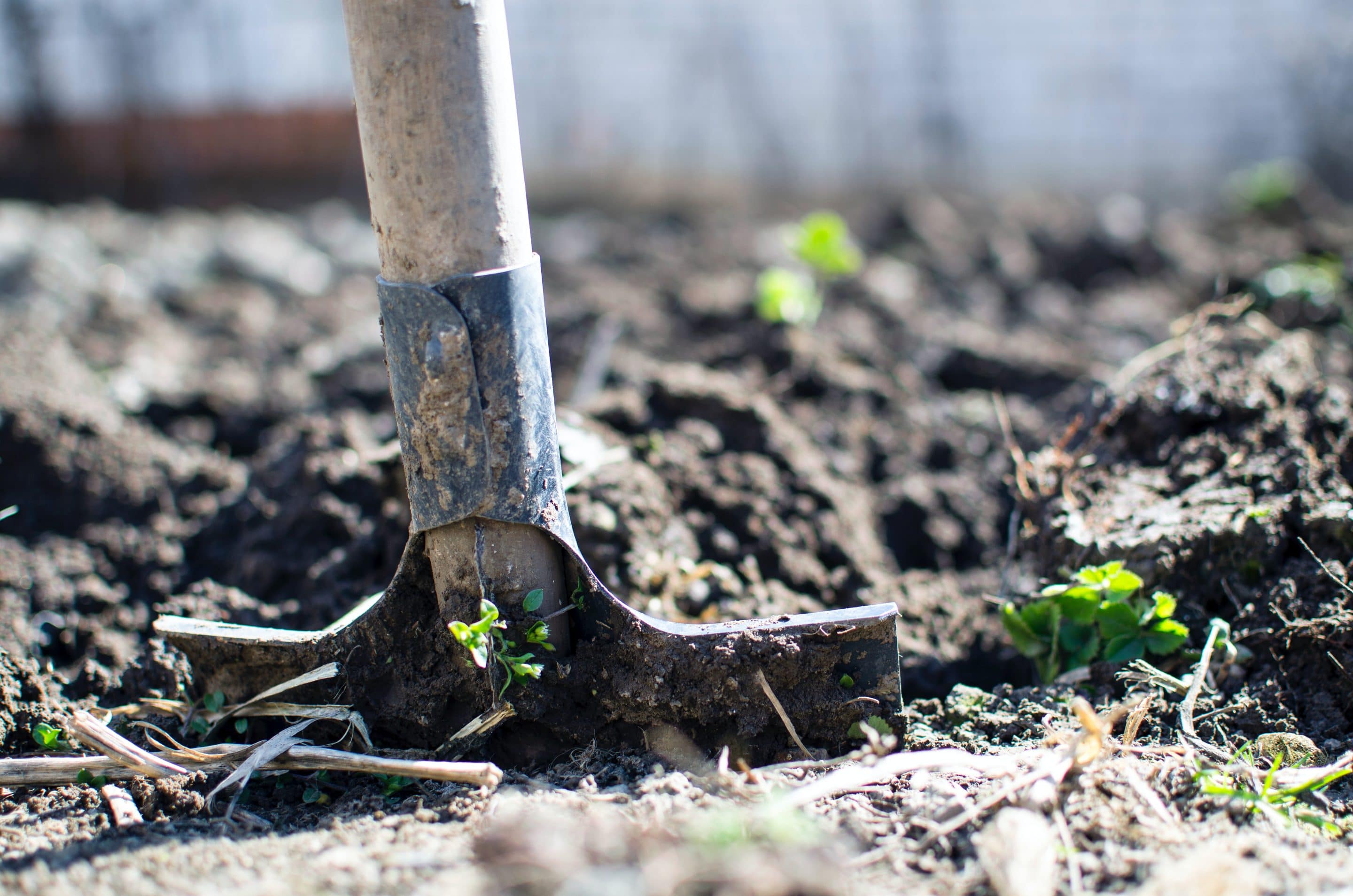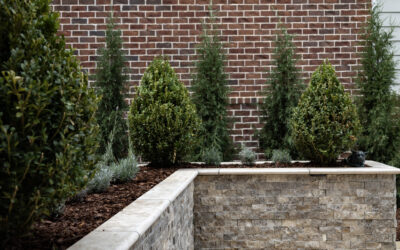Give your landscape an energizing dose of tea this spring — compost tea, that is, a rich “drink” that uses the science of Mother Nature to enrich the soil.
“I learned about the importance of compost tea at least 20 years ago, and it just made sense to me,” says Gardens of Babylon owner Mark Kerske. “The soils in Tennessee are not only compacted due to heavy clay, but also depleted by the constant use of toxic fertilizers. Plants are now dependent on the fertilizers for growth, which have wiped out all the good, beneficial microbes in the soil.” Using compost tea is the best way to put the “good guys” back in the soil, Kerske says.
What, exactly, is compost tea?
“Compost tea is THE most natural fertilizer,” explains Troy Hinke, founder and owner of Living Roots Compost Tea in Chapmansboro, TN. It provides new life for soil – especially soil that has been abused, say, by heavy equipment during construction or renovation, or overuse of chemical fertilizers.
“Basically, it’s a liquid form of compost,” Hinke says. Knowledgeable gardeners understand it is the nutrients in compost that improve soil, but the magic is really in the micro-organisms that make the nutrients. “So we’re extracting the microorganisms and putting food in the water to get those organisms to reproduce at higher levels,” he explains.
The “food” sounds like a buffet of treats that soil can appreciate: fish hydrolysates, humic acid, kelp, bacteria, fungi and other ingredients to populate the brew. “The idea behind the concept is that bacteria and fungi are the first decomposers in nature, and they’re breaking down organic matter and hold their nutrients in their bodies. Their predators come along and eat them to make those nutrients in a plant-available form.”
It’s the circle of life on a tiny, tiny scale that provides big benefits for soil in need of help.
What compost tea is not is the runoff of water that percolates through a compost pile or bucket of soil. Hinke calls that leachate, or runoff, and it doesn’t have the benefits of true, actively aerated tea. In fact, it could have a negative effect on plants because of anaerobic or harmful organisms that may be present, Hinke says. Good compost tea starts with finished compost, is aerobic during the brewing process, with foods for the microorganisms to do their work.
“The biology is what makes the difference within compost and compost tea. It’s all about the life within that.”
Why use compost tea?
“It’s a natural form of fertility,” Hinke explains. With chemical fertilizers, the plants may get the correct organisms for growth, but the nutrients don’t regenerate. “Chemicals not only are harming the environment, but you’re spending more money, having to reapply the chemicals over and over again.”
Nature can do a better job, Hinke says. “With this more natural method you’re providing life to the soil, and the life and biology in the soil is making the nutrients available.” In other words, the generous, fortified tea is putting the life in the soil for the plants to manage their own nutrient needs.
“It’s the science behind Mother Nature. It’s how it works in the natural world.”
When? And how?
Spring, summer and fall are good seasons to give your landscape a dose of compost tea, Kerske says. “It’s usually applied once the soil temperature gets above 50 to 60 degrees.” It is applied to established lawns, but is especially good for new lawns started from scratch. If soil is compacted, he recommends three applications a year. “It’s taken years to make your soil bad, so it will take a couple years of applications to improve it.”
The amount to apply is measured per square foot; usually, a typical residential lawn benefits from 50 to 100 gallons of compost tea, Kerske says. The Gardens of Babylon landscape team can provide a total maintenance package with tea applications – “weed and green applications is how we refer to it,” he says. “It’s one of the tools we use throughout the year to keep peoples’ lawns and landscapes healthy.”
Learn more
After his extensive training in organic food production, composting and compost tea, Troy Hinke became the soil and compost tea specialist for Gardens of Babylon. In 2015 he moved to Chapmansboro and worked for a large-scale composting facility before starting Living Roots Compost Tea.
For a deep-dive into the relationship between soil and microbes and how compost tea contributes to the circle of soil life, Hinke has produced a ten-part podcast on the subject. Find What’s Brewing?: A Compost Podcast on Spotify, or in iTunes in the podcast Farm Land.
Ready to rejuvenate your soil with a dose of compost tea? Book a consultation with the Gardens of Babylon Landscape Maintenance team here.





